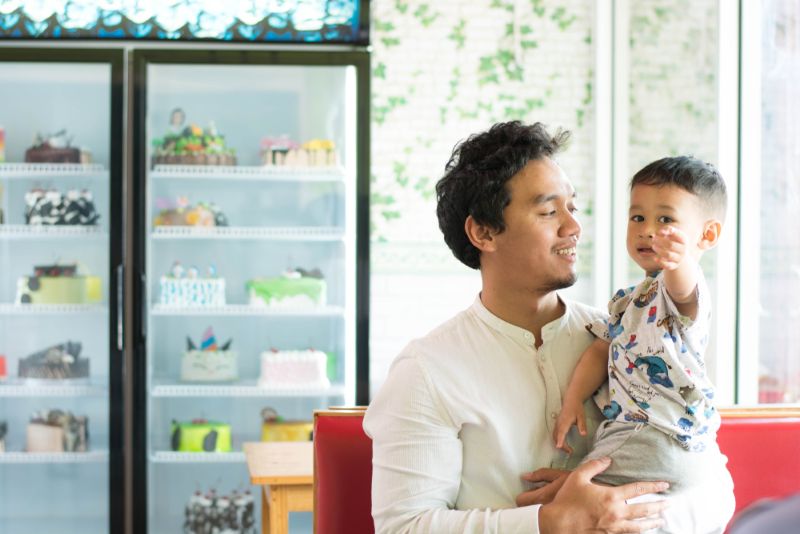available 24/7

contact me today
Menu
- Home
- About
- Practice Areas
- Reviews
- Blog
- Resources
- Contact Us
close
available 24/7

contact me today
- Home
- About
- Practice Areas
- Reviews
- Blog
- Resources
- Contact Us
Child custody is often the most important issue during a divorce or separation. Parents want to preserve meaningful relationships with their children while also ensuring the child has the stability and care needed to grow and thrive. In South Carolina, the courts base custody decisions on the “best interests of the child,” a standard that looks at the child’s needs, each parent’s ability to provide care, and the overall family situation.
There is no one-size-fits-all custody arrangement. Some children may benefit from spending most of their time in one home, while others thrive when both parents share time equally. Because every family is different, South Carolina recognizes several types of custody arrangements, each with its own rules and responsibilities.
Legal custody determines which parent has the authority to make major life decisions for a child. These decisions involve long-term planning and cover important aspects of a child’s upbringing, such as:
Legal custody can be awarded in two forms:
Courts generally prefer joint legal custody because it ensures both parents remain active in their child’s life. However, sole legal custody may be necessary in cases involving abuse, neglect, or extreme conflict between parents.
Physical custody refers to where the child lives and who provides daily care. Unlike legal custody, which is about decision-making, physical custody focuses on the child’s home environment, daily routine, and primary caregiver. Physical custody can take two forms:
Courts often encourage shared physical custody when possible, as it allows children to maintain strong bonds with both parents. Still, the child’s stability and well-being take priority, which means one parent may be granted more time if the arrangement better supports the child’s needs.
Custody arrangements can combine legal and physical custody in different ways. For example, a parent may have sole physical custody but share joint legal custody with the other parent. Understanding how these combinations work helps parents know what to expect:
The court will decide the arrangement that best serves the child. In some cases, parents are able to work together to create a parenting plan and present it to the court for approval. If parents cannot agree, the court will issue an order after reviewing evidence and testimony.

South Carolina courts do not automatically favor one parent over the other. Instead, they look at the overall circumstances of the family. Some of the most important factors include:
These factors ensure that the final custody arrangement is designed to provide the child with safety, stability, and opportunities for growth.
To understand how custody works in South Carolina, it can help to look at examples:
These examples show how flexible custody can be and why courts look at each family’s unique circumstances when issuing orders.
Custody disputes can be emotionally draining and legally complex. Parents may disagree over decision-making authority, daily schedules, or even whether visitation should be supervised. Having an understanding of South Carolina’s custody laws and the types of arrangements available can make the process more manageable and less overwhelming.
At Sarji Law Firm, our child custody attorneys in Charleston work with parents to pursue custody arrangements that reflect the best interests of the child. Whether that means advocating for joint custody, ensuring safe visitation schedules, or addressing issues of parental fitness, we focus on protecting families during these critical moments.
If you are facing a custody dispute or have questions about your rights as a parent, contact us today. We can provide guidance, explain your options, and stand by your side as you seek a custody arrangement that supports your child’s future.


